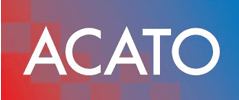Key Requirements for ISO 27001 Certification Explained
Unlock the essentials of ISO 27001 certification requirements. This guide elaborates on necessary steps and documentation to achieve compliance seamlessly.
Key Requirements for ISO 27001 Certification Explained Read More »






